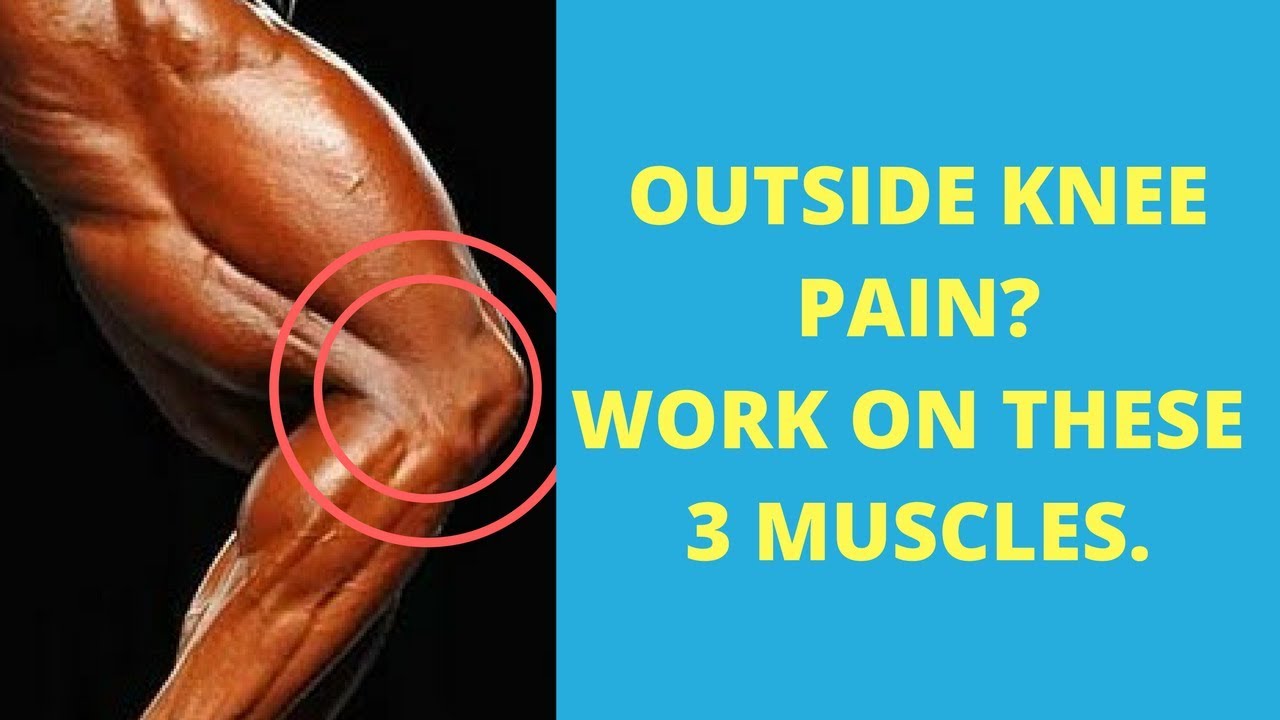
Back of knee pain is very common. Many people who do not have much experience with this pain may not even recognize that they have it. Some people who suffer from back of knee pain are actually quite familiar with the pain, but are unaware of its source and why they are experiencing such severe pain
Sharp, sudden, stabbing, extremely painful pain in the back of the knee can be associated with a broken bone, tendon rupture, or possibly even a ligament rupture. However, if you are experiencing sudden excruciating pain and instability in your knee after an injury, or sudden pain that does not respond to conventional medications that are used to relieve knee pain, then you may well have suffered a complete dislocation of your knee. This is one of the most serious injuries anyone can suffer and should be treated immediately due to the severity of the injury. Even if your symptoms seem unrelated to any other medical condition, see your doctor to rule out any potential injury. If left untreated, the dislocation can cause permanent damage to the knee and cause severe pain.
If you've recently had a minor knee injury, don't try to take too many steps at the same time to get over it. If you don't know how to diagnose a dislocation, do not try to treat it yourself unless you are trained to perform the procedure. This type of treatment is very dangerous and can cause further knee damage or even life-threatening. You can also find various information about health on the website https://cth.co.th/
Some other causes of knee pain can be caused by a pinched nerve in the back of the knee, and it is often advisable to see a doctor right away to avoid further serious problems. Your doctor will likely order several tests to determine if there is a pinched nerve. The most common tests used to detect a pinched nerve in the back of the knee are a nerve conduction test, an EMG (electromyogram) test, or an MRI. All of these tests will help the doctor determine the exact location and severity of the pinched nerve.
Other potential causes of knee pain may also include muscle spasms, inflammation, and/or infection. If your doctor diagnoses you to have a pinched nerve, they may suggest that you take anti-inflammatory drugs or pain killers to relieve your pain. in order to avoid further damage to your body. These drugs or medications can also provide pain relief, but in some cases they can cause further damage to the tissue of the body in order to provide temporary relief.
In some cases, depending on the severity of your condition, your doctor may recommend surgery. Surgery is often a last resort when your doctor is not sure about your diagnosis and your potential injury. They may recommend arthroscopic surgery to remove the damaged or infected tissue and repair the joint. However, the chances of suffering a recurrence of your injury are higher if you choose surgery instead of doing nothing. Arthroscopic surgery is very invasive and expensive and can lead to significant problems with your back of the knee and the surrounding bones.
If the cause of your pain is more serious than just a pulled muscle, your doctor may refer you to an orthopedic surgeon who can look at your knee and look at the cause of the pain. He may recommend medication to relieve the pain and then refer you to a physical therapist for surgery, if surgery is needed. If surgery is required, there is a high possibility that you will require more surgery in order to correct the problem.
Knee pain is a very common problem for people and is often caused by a variety of different things. The best way to treat it is to treat it by identifying the cause first, and then taking appropriate steps to treat it.